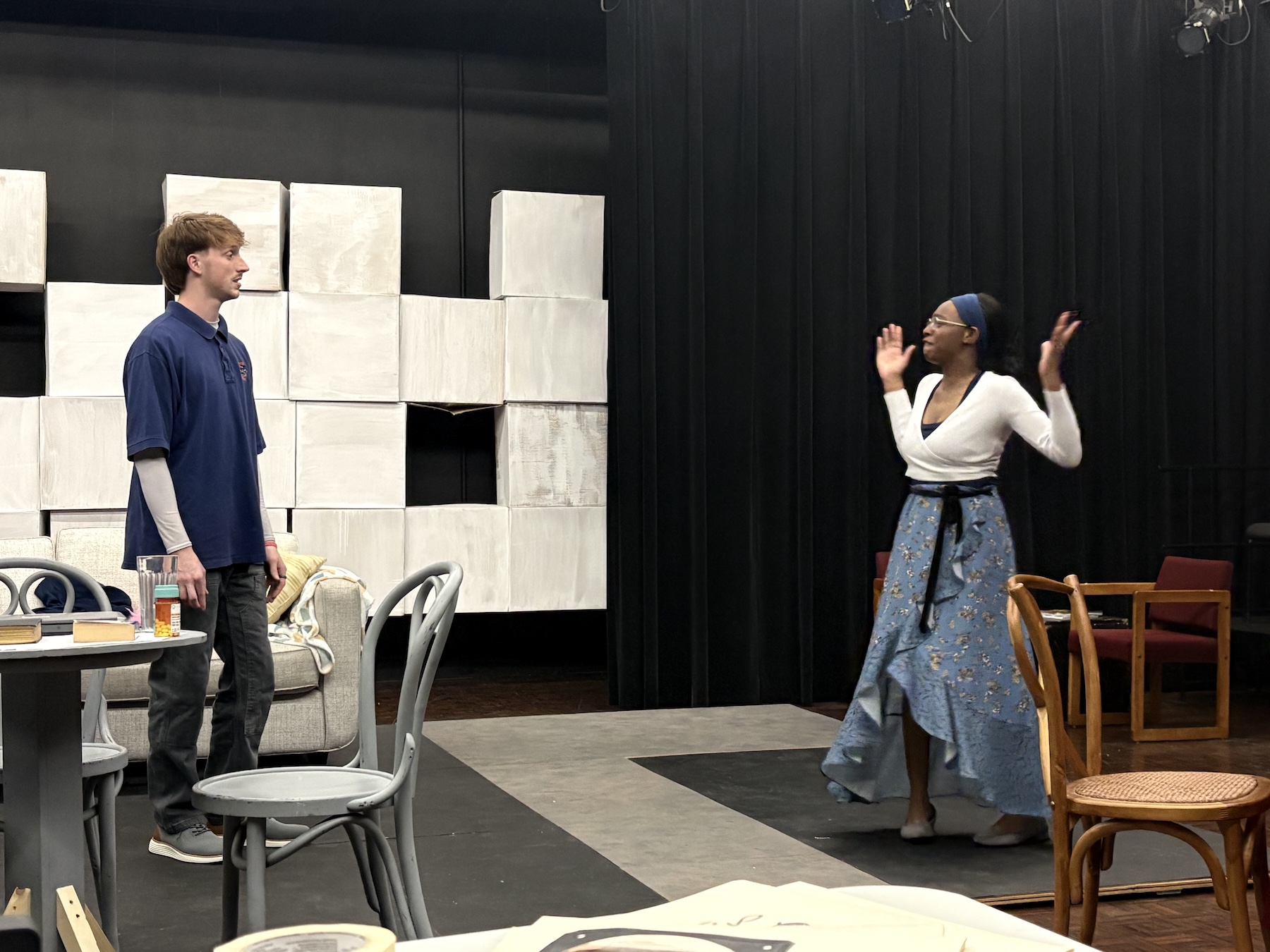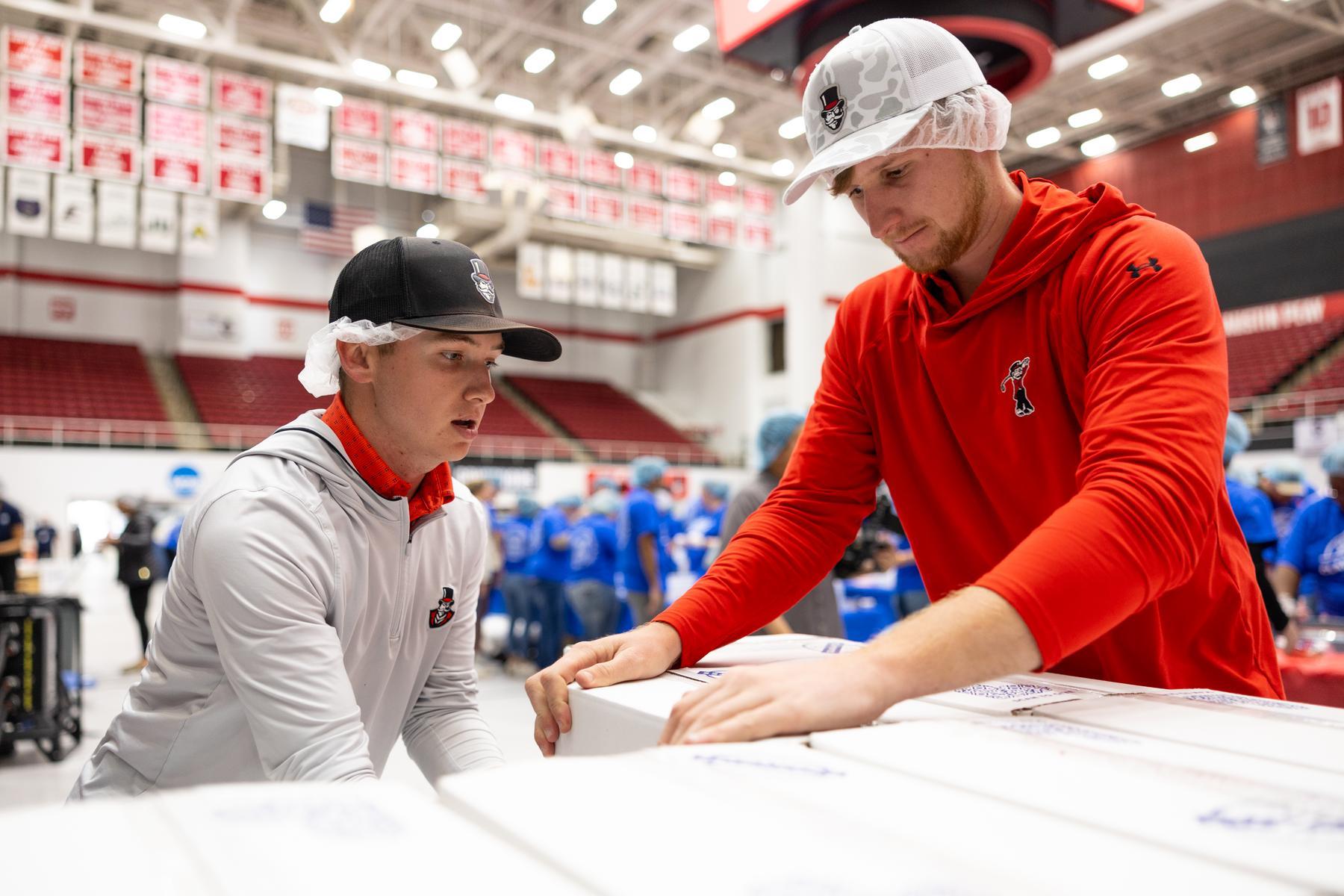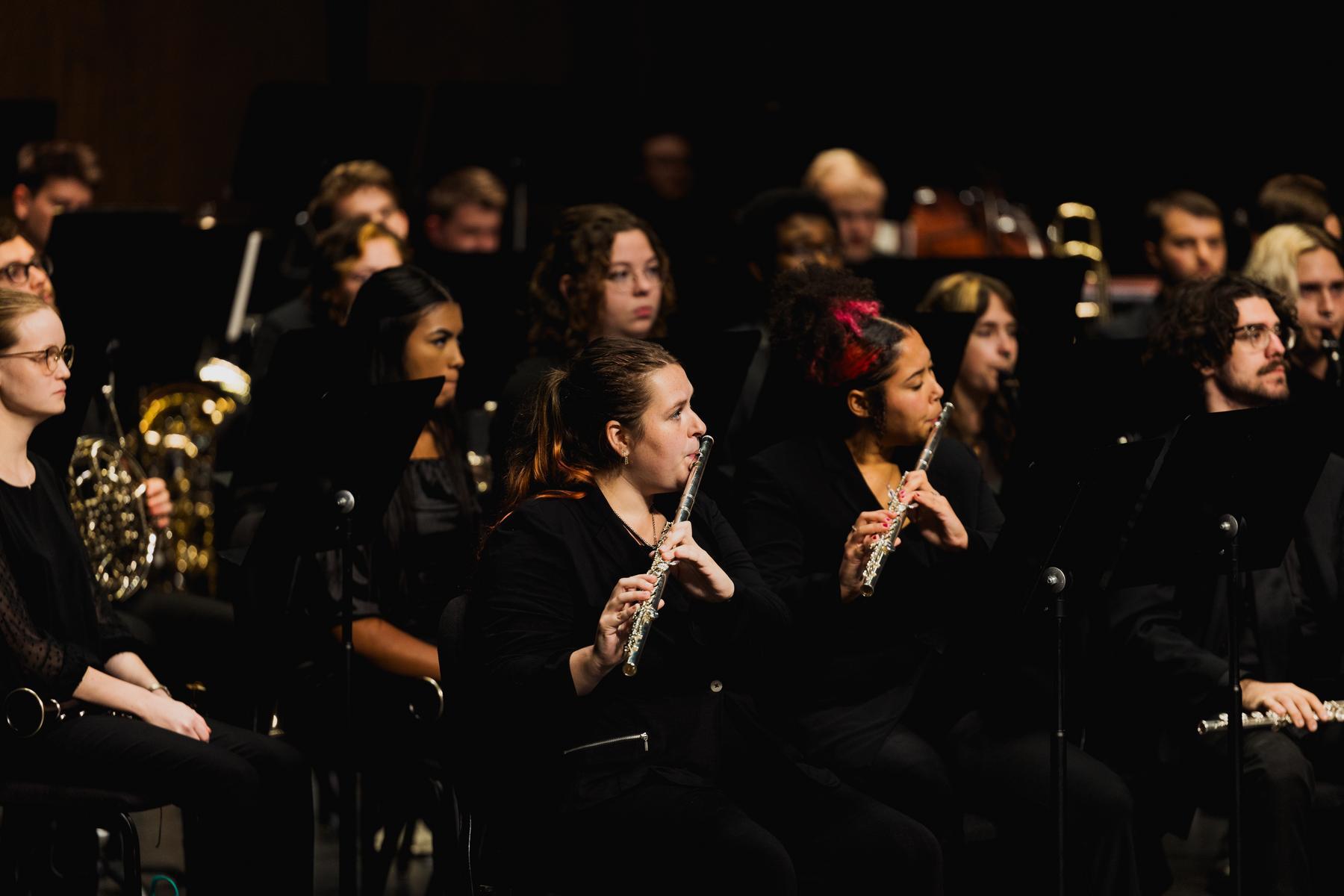Austin Peay lands science grant to send 18 students to three European universities
(Posted Tuesday, Aug. 31, 2021)
The Austin Peay State University College of STEM has earned an interdisciplinary Research in Undergraduate Institution (RUI) grant from the National Science Foundation to send 18 students to three universities in Europe that specialize in nano and glass technology.
The students will hail from the departments of physics, engineering and astronomy; chemistry; biology; and geosciences. Their research will advance understanding of the properties of amorphous materials at the nanoscale and how these properties can be exploited for new advanced applications such as optical computing, photonics and bioglasses.
Known as the International Research Experiences for Students Track I, the grant-funded project will allow undergraduate students to gain experience in research that could further their careers. Dr. Andriy Kovalskiy from the Department of Physics, Engineering and Astronomy is leading the charge as principal investigator and will be responsible for the logistics and planning.
The $300,000 grant will send six students at a time for seven weeks in May and June over three years. Two students will attend the University of Rennes I in France. Two other students will go to the University of Rzeszow in Poland. And two students will visit the University of Pardubice in the Czech Republic. Each university specializes in different aspects of nano and glass technology.
Participating students will work with host mentors selected from leading scientists in the field. The grant also provides funds for remarkable cultural programs, such as trips to Vienna, Prague, Paris and Cracow. Such activities require intense logistics.
“You’re not just responsible for money, but also the students,” Kovalskiy said. “International cooperation is what we like to expand in order to promote the STEM disciplines at Austin Peay.”
Remarkable grant for Austin Peay
The fact that Austin Peay earned the grant is remarkable. The University competed against several larger research universities for the money.
“Major research universities have a hard time getting grants like this,” said Dr. Gilbert Pitts, APSU Department of Biology professor and senior personnel coordinator. “I think it’s impressive that Austin Peay was able to get this grant because they’re so competitive. I don’t think I’ve ever seen a grant like this here before.”
Not only is it a good opportunity for undergraduate students, but Kovalskiy and his team are also stressing the inclusion of a diverse group of students to experience international study.
“As in every project, we are very interested in the participation of women and minority students,” Kovalskiy said. “We especially emphasized the involvement of military-affiliated students, which is quite specific for our university. I believe this program will be useful for their future careers. Most of our students have no experience abroad at all. I believe for many of them, it will be a life-changing event.”
Other professors participating in the project are Drs. Carrie Brennan, chemistry; Justin Oelgoetz, physics, engineering and astronomy; Pei Xiong-Skiba, physics, engineering and astronomy; Erik Haroldson, geosciences; and Roman Holovchak, physics, engineering and astronomy.
To learn more
For more about the programs offered at the College of STEM, visit www.apsu.edu/costem.
News Feed
View All News
Written by acclaimed playwright Daniel Pearle, the production examines a married couple's struggles as they navigate their roles as parents to a gender-nonconforming child.
Read More
The event, a partnership with Convoy of Hope and U.S. Hunger, will see the meals distributed based on need to international communities facing hunger and food insecurity. Pastor Mike Burnette with LifePoint Church developed the project idea, while APSU Athletics provided the location and significant volunteer support.
Read More
The Austin Peay State University Department of Music, with support from the Center of Excellence for the Creative Arts, has named Giancarlos Jose Carvajal Fonseca and Tyler Orendorff as the winners of the 2025-26 Concerto & Aria Competition, with an honorable mention awarded to Cal Luzzo.
Read More